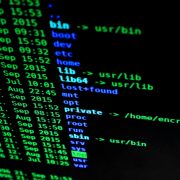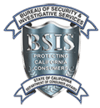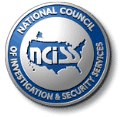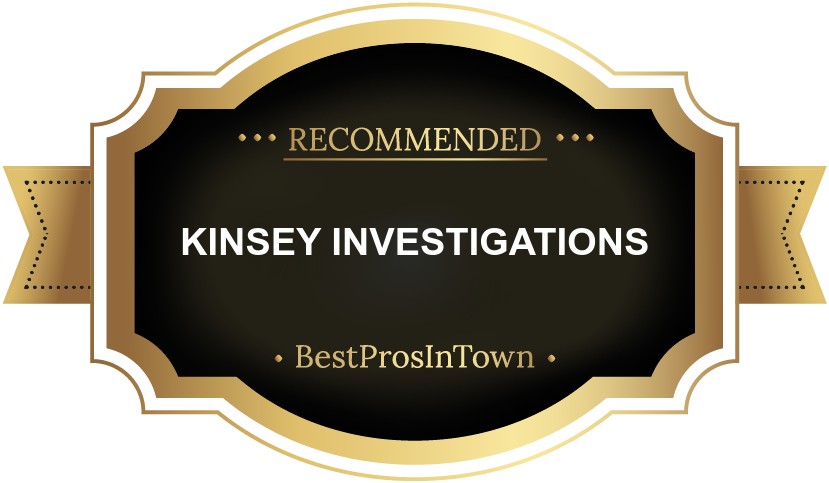How to Protect Your Data, and What to Do If You’ve Been Hacked
Your personal and professional data is more valuable than ever before. From financial accounts and health records to work files and private communications, our lives are increasingly stored online. Unfortunately, this also means hackers, scammers, and cybercriminals are always on the lookout for new ways to steal sensitive information. The consequences of a data breach can be devastating—ranging from financial loss and identity theft to reputational damage and emotional stress.
At Kinsey Investigations, we understand that cyber threats aren’t just a concern for corporations – they affect everyday people in Los Angeles and beyond. Whether you’re a business owner handling customer data or an individual managing personal accounts, protecting your digital identity has never been more important. And if you’ve already been hacked, knowing the right steps to take quickly can help you minimize damage and regain control.
In this post, we’ll cover practical tips for protecting your data and explain what to do if you find yourself the victim of a cyberattack.
Steps to Protect Your Data Before a Breach
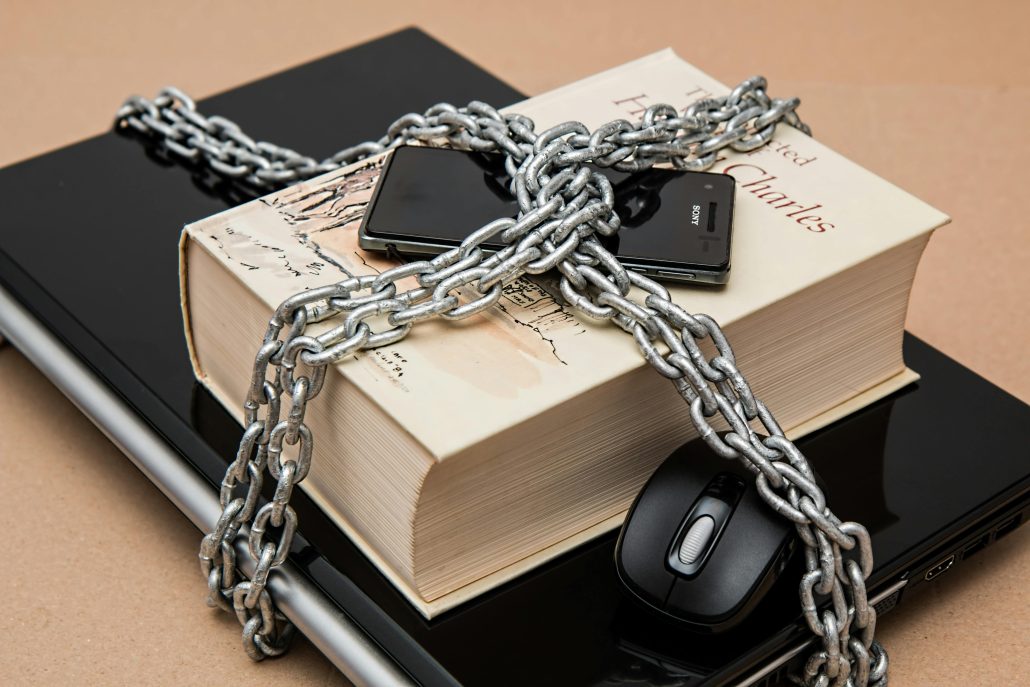
1. Use Strong, Unique Passwords
One of the simplest yet most effective ways to safeguard your data is by creating strong, unique passwords for every account. Avoid using common phrases, birthdays, or pet names. Instead, use a mix of uppercase and lowercase letters, numbers, and symbols. Consider using a reputable password manager to securely store your passwords and generate complex ones that are nearly impossible to guess.
2. Enable Two-Factor Authentication (2FA)
Even strong passwords can be compromised. Two-factor authentication adds an extra layer of protection by requiring a second step – such as a code sent to your phone or an app-generated token – before allowing access to your account. Many banks, email providers, and social media platforms now offer 2FA, and enabling it significantly reduces your risk.
3. Keep Your Software Updated
Hackers often exploit vulnerabilities in outdated software. Keeping your operating system, apps, and antivirus software up to date ensures you have the latest security patches. Set your devices to update automatically whenever possible.
4. Be Cautious with Public Wi-Fi
Public Wi-Fi networks—like those in coffee shops, airports, or hotels—are convenient but often unsecured. Avoid accessing sensitive accounts or entering payment information while connected to public Wi-Fi. If you must, use a virtual private network (VPN) to encrypt your connection.
5. Watch Out for Phishing Attempts
Phishing emails, texts, and phone calls are some of the most common ways hackers gain access to data. Be wary of messages that urge immediate action, contain suspicious links, or ask for personal details. When in doubt, verify the sender before responding.
6. Back Up Your Data
Regularly backing up your data protects you from permanent loss in case of a cyberattack, such as ransomware. Store backups in a secure cloud service or on an encrypted external drive.
Signs You May Have Been Hacked

Despite your best efforts, breaches can happen. Recognizing the signs early can help you take action quickly. Some common red flags include:
- Unexplained charges on your credit card or bank account
- Passwords no longer working for your accounts
- Strange emails sent from your address without your knowledge
- New software installed on your computer without your consent
- Devices running unusually slow or crashing frequently
- Notifications from services warning of login attempts from unfamiliar locations
If you notice one or more of these warning signs, it’s time to act.
What to Do If You’ve Been Hacked
1. Change Your Passwords Immediately
If you suspect your accounts have been compromised, change your passwords right away starting with your email, bank, and social media accounts. Use strong, unique passwords for each one, and store them securely.
2. Enable Two-Factor Authentication
If you hadn’t already enabled 2FA, now is the time. This will make it harder for hackers to regain access to your accounts even if they still have your old password.
3. Contact Your Financial Institutions
If your bank accounts, credit cards, or payment apps may have been affected, contact your financial institutions immediately. They can freeze accounts, reverse fraudulent charges, and monitor for suspicious activity.
4. Scan Your Devices for Malware
Use trusted antivirus or anti-malware software to scan your devices and remove any harmful programs that may have been installed. This helps ensure hackers can’t continue accessing your information.
5. Alert Your Contacts
If hackers have gained access to your email or social media, they may use your accounts to send phishing messages to your friends, family, or coworkers. Let your contacts know you’ve been hacked so they can avoid clicking suspicious links.
6. Monitor Your Credit and Identity
Data breaches often lead to identity theft. Keep an eye on your credit report and consider setting up alerts for unusual activity. In serious cases, you may want to place a fraud alert or credit freeze with the major credit bureaus.
7. Report the Incident
Depending on the severity of the hack, you may need to report it to law enforcement or government agencies such as the Federal Trade Commission (FTC). In some cases, contacting a private investigator like Kinsey Investigations can help you uncover the source of the breach and build evidence for potential legal action.
How Kinsey Investigations Can Help
Recovering from a cyberattack is stressful and time-sensitive. At Kinsey Investigations, we assist clients in Los Angeles with a wide range of digital security concerns, including:
- Investigating the source of a cyberattack
- Tracing fraudulent activity back to its origin
- Assisting victims of identity theft in gathering evidence
- Coordinating with attorneys and law enforcement when necessary
- Advising on preventative strategies to reduce future risks
As a woman-owned, licensed, and experienced private investigation firm, we approach every case with professionalism, confidentiality, and compassion. Whether you’re an individual, a small business, or part of a larger organization, we understand that your digital security is personal – and we’re here to help you protect it.
If you’re dealing with the aftermath of a cyberattack or simply want expert guidance on keeping your information safe, Kinsey Investigations is here for you. Contact us today for a confidential consultation, and let our team help you secure your data and your peace of mind.







